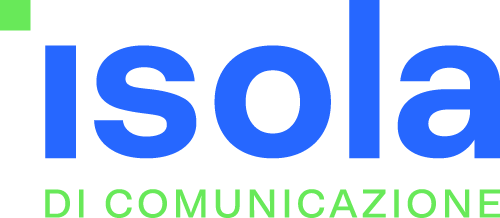The goal of advertisers is to achieve their desired goals, preferably with lots of ad clicks and conversions. A real dream (or rather a real unicorn for the ADV world) because there are numerous factors that affect conversions and clicks.
That’s why Google’s CPC (also known as Cost Per Click) remains a valuable indicator that, those involved in online advertising, should definitely consider when planning their strategies. So let’s see what it is, how it is calculated and what influences it.
Average CPC Google Ads: what it is and what it is for
The average Google Ads CPC is defined by the search engine itself as “the average amount that is charged for each click on the ad.”
Calculating it allows you to understand how well your ads perform and what the return on investment (ROI) is.
How do you calculate the average CPC of Google Ads?
The average cost per click (average CPC) is calculated by dividing the total cost of clicks by the total number of clicks.
Google also points out that “the average CPC is based on the actual cost per click, which is the actual amount that is charged for a click on the ad.” It also specifies that this value may be different from the maximum cost per click (CPC max), which, instead, represents “the maximum amount you intend to pay for a click.”
Before we go any further, all clear on the world of Google Ads? If not, you can read:
How Google Ads works: the goals and keywords
3 factors that affect the average Google Ads CPC and that you need to consider for the success of your ad campaign
Consider that to schedule Pay per Click campaigns on Google Ads you participate in a system similar to an auction. You can also set a maximum bid per click, but the actual spend can vary based on several factors. Here are the main ones:
1. Competition and the industry in which you work
Google Ads is increasingly competitive: more and more companies (and marketplaces, such as Amazon, eBay, Booking…) are investing in this channel, thus increasing costs. Also affecting the average CPC of Google Ads is the sector of one’s business. In fact, when you set up an advertising campaign, you have to evaluate the keywords you want to target, differentiating them according to the type of market.
If, however, a particular field boasts many user searches, some keywords will be priced high because they are desired by more brands. Clicks (on ads) for specific keywords, then, will be more exorbitant because-just as in an auction-it will fuel competition in the field. Just think that some businesses can go as high as 30 to 50 euros for a click.
Who has lower and who has higher CPCs? Respectively e-commerce and b2b. And which sectors have shown an increase in recent years? Retail, financial services, insurance, tourism and education.
2. Quality score affects Google Ads CPC.
You should know that Google assigns aquality score (Quality Score) to your campaign ads. This is a rating scale from 1 to 10 available at the keyword level. This score takes into account:
- Of the relevance of keywords
- Of the experience on the landing page
- Of the expected CTR (expected click-through rate).
The quality score assigned will affect the ranking thresholds, that is, the ability of your ads to participate in the auction. The actual CPC, which you will have to pay, is based precisely on the ad’s ranking, which also takes into account the competition.
What does this all mean? That your ad could be expensive even if you have no competition, precisely because Google considers your quality score and the ranking thresholds you have reached.
The most important aspects you need to optimize to achieve a good quality score are:
- the text of the ad – make it as relevant as possible to the target keywords you have chosen
- the landing page – study a landing page that is fast, responsive and clear, with useful CTAs. But not only that, it must also be consistent with respect to the ad and target keywords.
3. The type of campaign affects the Google CPC
It should be mentioned then, that in addition to Search Network campaigns, which use keywords as their main target, there are other types of campaigns that tend to have lower CPCs.
Some campaigns provided by Google target goals other than clicks and conversions, such as: to increase visibility and brand awareness, to improve brand reputation. These campaigns generally have lower CPCs, since the users who click are assumed to be of lower quality than those from Search Network campaigns. The latter, in fact, are reached at exactly the time they are searching for your product or service, and are therefore more likely to click and convert.
We are talking, in this case, about the campaigns Display and Video, which should always be considered within a complete Google Ads strategy.
Techniques for reducing Google Ads CPCs
There are a few tricks you can put into practice to lower the outlay related to the average CPCs of Google Ads. Specifically, you can:
- Choose keywords carefully, opting both for volume and for thesearch intent you intend to respond to, avoiding a priori exclusion of those that are more costly (but great for conversions). A useful trick: Evaluate both low-cost and high-return keywords, even long-tail keywords.
- Segment your audience and geolocate, to maximize the relevance of your ad and target people interested in your business (by setting parameters such as: gender, age, interests, behavior, and geographic location).
- Experiment with reverse matching strategies, to segment searches more, appearing only for the most relevant ones and consequently increasing the quality score
If you want to learn more about pricing and ad campaigns, you can learn more here:
How much does Google Ads cost?
Why you need an agency to optimize your Google Ads CPC (and meet your goals)!
As we have shown you, CPC has variable costs. But to grow, make yourself known to a new audience (and sell or generate leads) you must continue to invest. By stepping back from buying the keywords that identify your brand, you may be doing your competitors (willing, instead, to pay the amount you gave up) a favor.
To figure out how to limit spending-but more importantly, how to optimize your budget while pursuing tangible results-the ideal thing to do is to hire anexperienced Google Ads agency that will advise you on the best ways to achieve your business goals.
In some cases, then, an outside look can be essential to define a broader strategic plan, considering other marketing techniques as well.
At Isola we are Google Ads certified. In addition, you can count on a competent team, always up-to-date on the latest news and with a clear vision on the actions to be taken. A team that, considering your business, target sector and competition, will help you understand what are the best methods to achieve your goals by showing you the results achieved through specific reports.
Do you want to optimize the average CPC of your Google Ads campaigns?
Find out how to do it!







